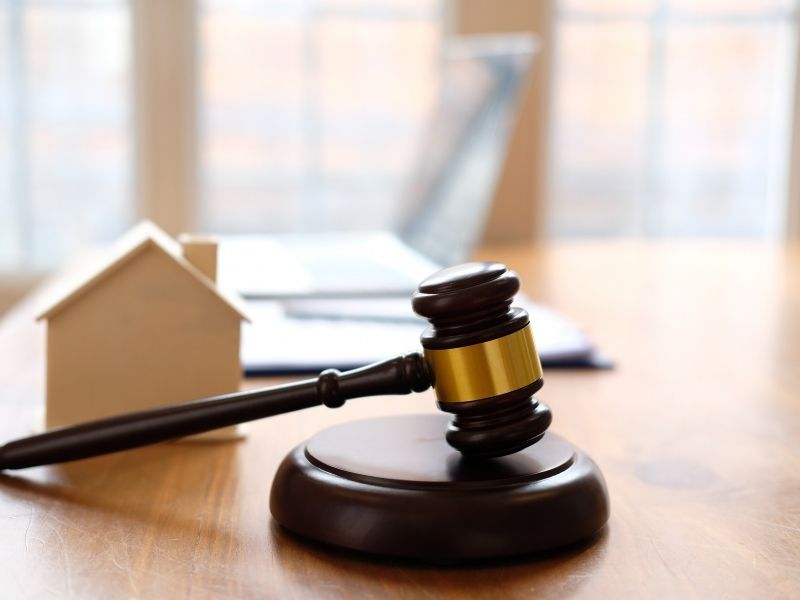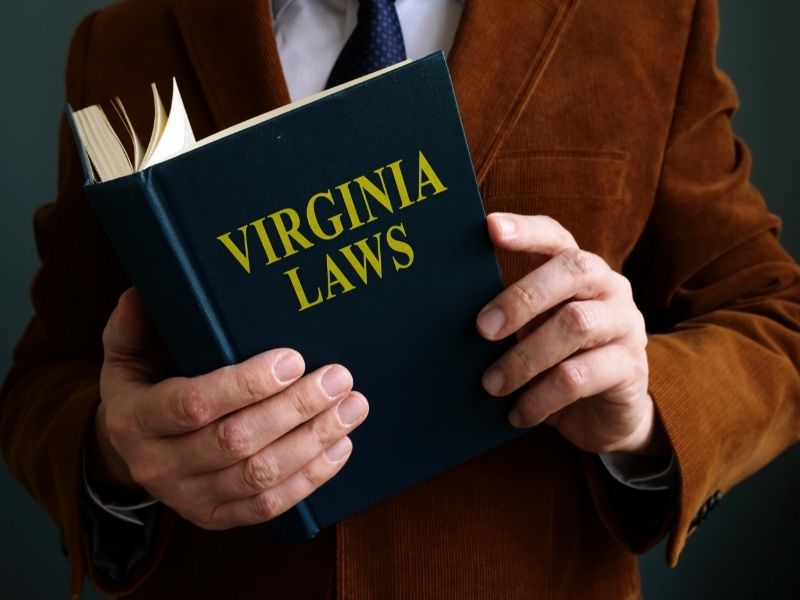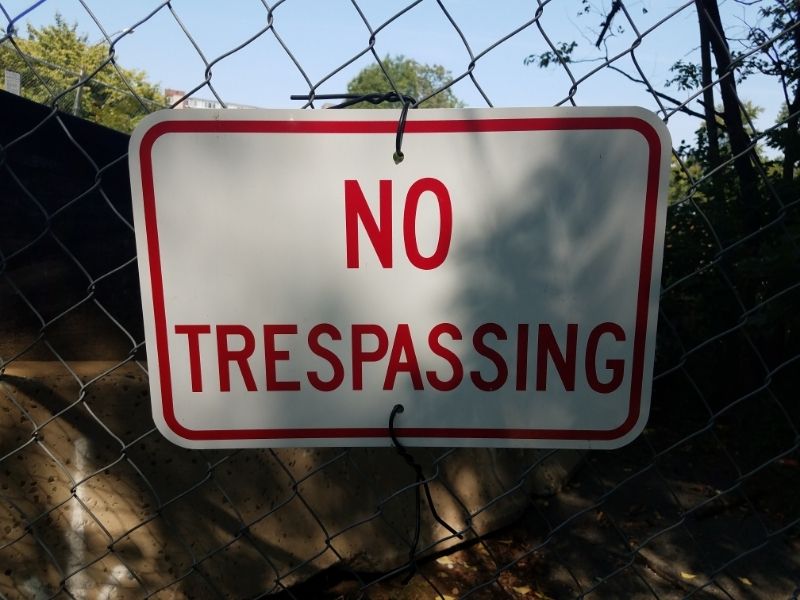Just like in other states, squatters in Virginia have certain rights. They may be able to file an adverse possession claim, which gives them full legal rights to the property they’re squatting on.
Among the requirements required for filing an adverse possession claim is continuous possession. As per the Code of Virginia (§ 8.01-236,237), squatters must occupy a property for at least 15 years. The occupation must also be continuous.
If you’re a property owner in Virginia, acquainting yourself with the rights squatters have is key. It’s important to know how best to protect your property against unwelcome guests.
The following is everything you need to know about squatters’ rights in Virginia.

What’s a Squatter in VA?
A squatter is someone who occupies a foreclosed, abandoned, or unoccupied property. The person does so without the lawful permission of the actual property owner.
Besides lacking the owner’s permission, the person also doesn’t (and isn’t obligated to) pay rent.
Is there a Difference Between a Squatter and a Trespasser?
Yes. Squatting and trespassing mean two different things.
Squatting is civil in nature, whereas trespassing is a criminal matter. A squatter will only become a trespasser once the owner has established that they are no longer welcome.
Also, a squatter occupies a property with the intention of owning it. This isn’t, however, the case with a trespasser.
Is a Holdover Tenant a Squatter or a Trespasser?
In Virginia, a holdover tenant is also referred to as a ‘tenant at sufferance.’
This is a tenant who refuses to leave once their lease has come to an end. If the landlord agrees, the tenant can continue to live in the property under the existing terms and conditions.
However, if the landlord no longer wants them around, he can choose to terminate their tenancy at any point. At this point, the tenant becomes a criminal trespasser.
Generally, a tenant who’s been asked to leave a property doesn’t qualify to make an adverse possession claim.
What is Adverse Possession in Virginia?

This is a legal doctrine that allows a person to claim a property right on land owned by another. In Virginia, squatters must fulfill the following conditions:
- Actual Possession. This requires that the trespasser is physically present on the property. He or she must also treat it as if it were their own. One way of establishing this is through property improvements.
- Continuous Possession. In Virginia, a squatter must reside on a property for at least 15 years before making an adverse possession claim. This period must be uninterrupted, meaning the tenant cannot leave for a few weeks or months and make an adverse possession claim.
- Exclusive Possession. A squatter must also be able to occupy the property exclusively. They cannot share possession of the property with anyone else, such as strangers, the owner, or even other squatters.
- Open & Notorious Possession. It must be obvious to anyone that a squatter is living on the premises. The squatter must not try to hide the fact that they are living there. Even a landowner checking their property should be able to tell that there is a squatter living on their premises.
- Hostile Claim. In the legal sense, the term ‘hostile’ takes on a different meaning than violence. Most states, including Virginia, define it as ‘Simple Occupation.’ Here, hostile means occupation of land, so the trespasser doesn’t need to know that the land belongs to someone else.
Do Squatters in Virginia Have to Pay Property Taxes?
In some states, squatters are required to pay property taxes in order to file an adverse possession claim. Virginia, however, isn’t one of them. Paying property taxes isn’t a requirement as per Virginia adverse possession law.
How Do You Get Rid of a Squatter in Virginia?
A squatter eviction is like any other. No special laws exist on how to get rid of a squatter in Virginia. As such, you’ll need to evict the squatter using the statewide judicial eviction process.
The first step to removing a squatter in Virginia is serving them an eviction notice. Different types of notices exist depending on the situation at hand.
In most cases, with the absence of any legal document permitting the squatter to live on the premises, the case will be ruled in the favor of you, the homeowner.
But even with a successful eviction, please take note that you cannot engage in any ‘self-help’ eviction tactics. For example, physically removing their belongings, shutting down their utilities, or locking them out.
Instead, only the sheriff or a constable is capable of physically evicting a squatter from your property.
How Can You Protect Yourself from Squatters in Virginia?

The following are some tips to help protect your property against unwanted intruders:
- Inspect the property as often as you can, especially if you don’t live in the area.
- Ensure that the property is properly secured. Lock every door, close all windows, and block any other entrances.
- Put up some ‘no trespassing signs around the property.
- Begin the eviction process as soon as you realize a squatter is occupying the property.
- Hire a property management company. A property management company that offers comprehensive services can help you in every regard, from finding a tenant to maintaining the unit and carrying out evictions as needed.
Disclaimer: This isn’t a substitute for professional legal advice. For expert help, kindly consider hiring a qualified attorney or an experienced property management company in Virginia.


